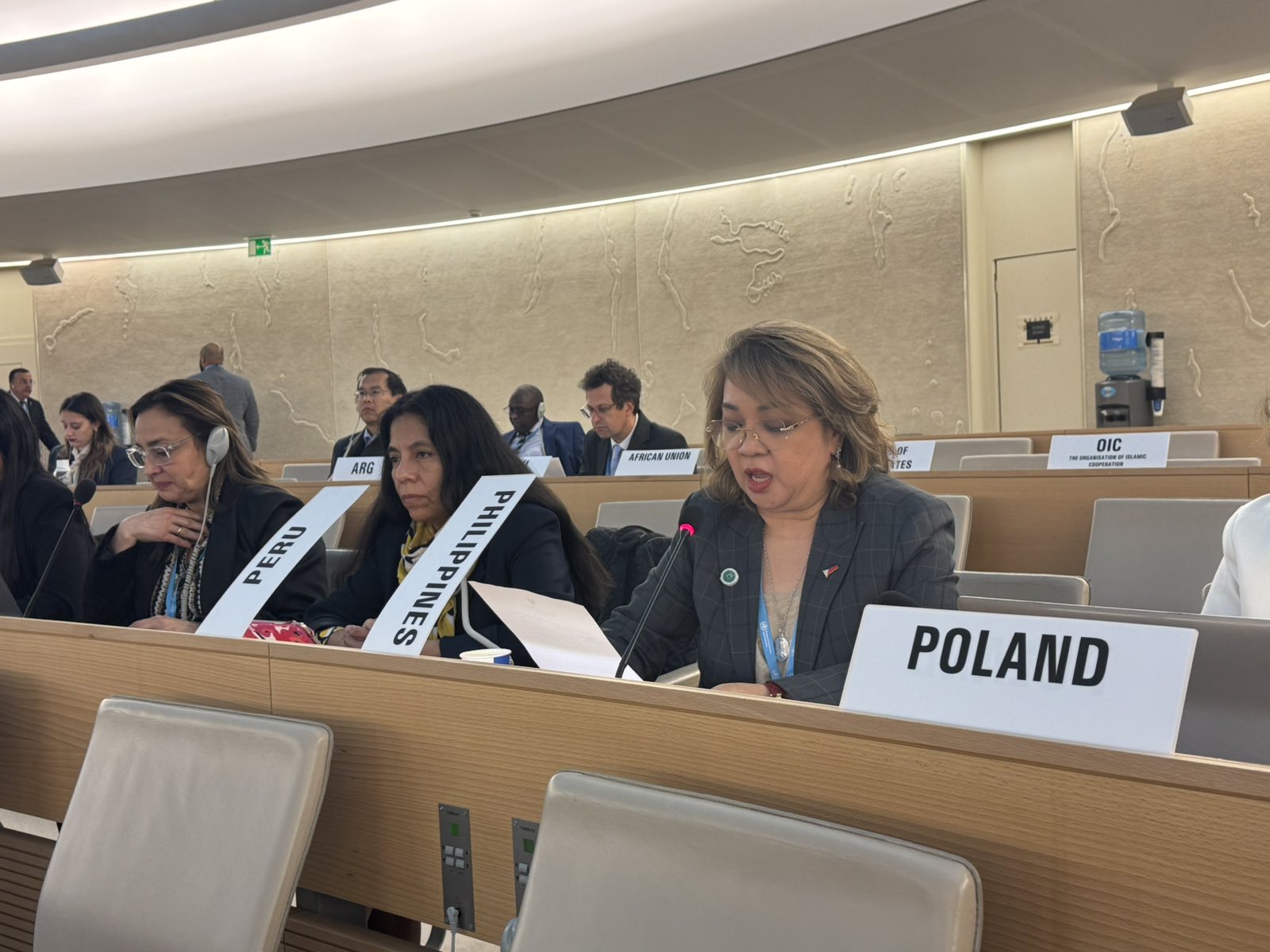WHA78 concludes with renewed push to address all forms of malnutrition
The 78th World Health Assembly (WHA78) wrapped up today, 27 May, with the adoption of two resolutions placing nutrition at the forefront of the international health and development agenda.
Member states of the World Health Organization (WHO) adopted resolutions on the extension of the Comprehensive Implementation Plan on Maternal, Infant and Young Child Nutrition, including the WHA Global Nutrition Targets, and the regulation of the digital marketing of breastmilk substitutes.
Extension of the World Health Assembly nutrition targets
The WHA targets have guided international action to tackle malnutrition since 2012. In endorsing the resolution, countries have recommitted to tackling malnutrition in mothers, infants and young children, rising levels of childhood overweight and agreed to new indicators to advance progress in critical areas like diversifying diets and breastfeeding. The resolution also extended the deadline for meeting the targets until 2030, an important step that allows countries to maintain political focus on all forms of malnutrition and secure adequate levels of funding to sustain progress.
Since the targets were adopted, there has been notable progress, including a decline in stunting prevalence globally from 33 per cent to 22.3 per cent and, to a lesser extent, wasting, while exclusive breastfeeding rates increased to nearly 48 per cent—up from 37 per cent in 2012. Nevertheless, little progress has been made against targets for reducing low birth weight and anaemia among women.
New 2030 targets include a 40 per cent reduction in stunting, 50 per cent reduction in anaemia among women, 30 per cent reduction in low birth weight, and maintaining child overweight and wasting rates under 5 per cent. The resolution also raises the exclusive breastfeeding target to at least 60 per cent in the first six months. These renewed and expanded targets offer countries a clear and unified direction for addressing persistent nutrition challenges, while aligning with broader development goals.
Regulation of the digital marketing of formula milk and baby foods
The second resolution adopted expanded the International Code of Marketing of Breast-milk Substitutes to address the rise of aggressive digital marketing tactics. Member States committed to regulate digital promotions that mislead parents and undermine breastfeeding, such as influencer endorsements, undisclosed sponsorships, and targeted ads on social media. The resolution calls for countries to develop and enforce effective monitoring systems to protect parents from commercial influence and ensure that all caregivers receive clear, evidence-based information.
"The resolution on the digital marketing of breastmilk substitutes is critical to ensure parents receive clear, evidence-based information, free from commercial influence," said Afshan Khan. Sierra Leone has increased exclusive breastfeeding rates from 10 per cent to over 50 per cent through strong regulation, and Viet Nam is using artificial intelligence to monitor and report aggressive digital marketing of breastmilk substitutes.
SUN Movement powering the change
WHA78 built on the success of the Nutrition for Growth Summit in Paris, where leaders amplified the importance of integrating nutrition across all sectors and pledged over 27 billion dollars to tackle malnutrition.
Following the call for greater nutrition integration at the N4G Summit, the SUN Movement worked to carry that momentum into the health focused agenda at WHA78. It supported countries and partners with aligned advocacy messaging and information sessions to drive collective action.
Ahead of the Assembly, SUN hosted a webinar on the nutrition targets in collaboration with Ireland and UNICEF and shared a tailored messaging grid with SUN country networks and partners, equipping them with clear, aligned advocacy language. In addition, the Movement launched a call to action urging SUN Countries to actively support the resolution on the digital marketing of breastmilk substitutes, helping to ensure a united front on this critical issue.
Health Ministers and SUN Country representatives echoed the call for integrated action. From the Philippines, SUN Focal Point Dr. Azucena Milana-Dayanghirang presented the nation’s “ABCDY model”, uniting academia, business, civil society, donors and youth in a multisectoral nutrition effort. "We’re building a system where health, education and regulation work together to improve nutrition outcomes, from sugar taxes to new food labelling policies," she said, highlighting the importance of shared responsibility across sectors.
In other nutrition news from the Assembly, WHO highlighted progress from its 2024 results report: nine countries, including SUN Countries Nepal and Colombia and donor country Norway, implemented optimal trans fat elimination policies. Moreover, 34 countries representing one third of the global population with obesity joined the Acceleration Plan to Stop Obesity.
As the world looks to turn resolutions into results, we are reminded that integration is key. Nutrition should not be viewed as an isolated issue, but rather as the foundation upon which stronger health systems, resilient communities and inclusive development can be built.